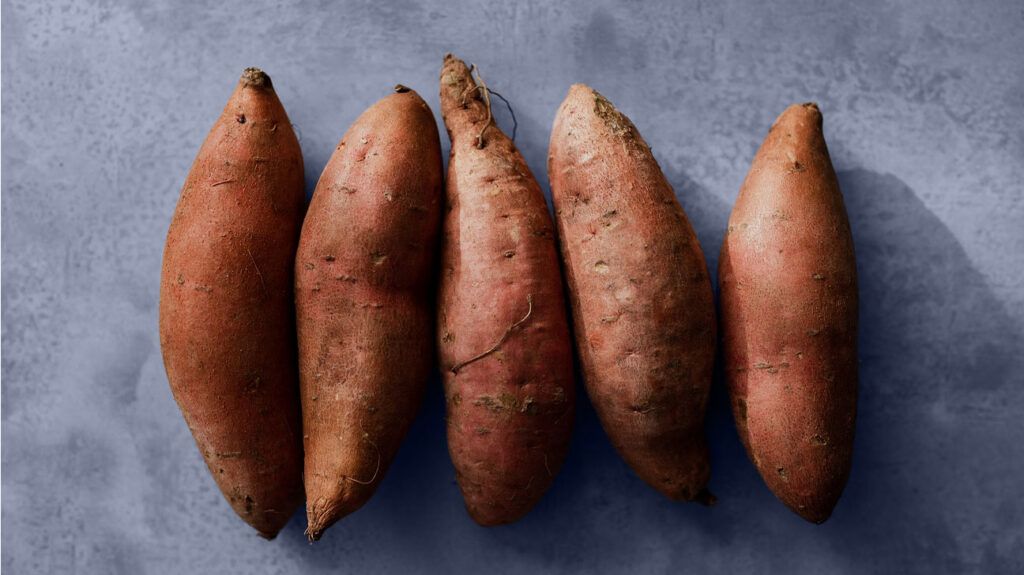Calorie intake is more important for weight loss than cutting specific nutrients or foods. Carbohydrates are essential to health, and guidelines recommend that 45–65% of daily calories come from carbs.
Carbohydrates are the body’s main source of energy. They are essential to good health and proper organ functioning.
Many diets recommend reducing carbohydrate intake to aid weight loss, but doing so has risks. Limiting carbohydrate intake can cause short-term weight loss as water retention decreases, but this is often not a viable long-term solution.
Weight loss occurs when a person consistently consumes fewer calories than they expend over time, and this relationship is more important than excluding specific food groups.
This article looks at how many carbs someone needs to eat to lose weight and whether or not a low carb diet is healthy.

Low carb diets restrict the calories a person gets by limiting their carbohydrate food sources. In turn, people will typically increase their fat and protein intake to compensate for the reduction in calories from carb sources.
Popular diets that limit carbohydrate intake include:
Many people support using low carb diets for weight loss — carbohydrates are the body’s main energy source, and with less supply, the body may burn its fat and protein stores for fuel instead. In these instances, the body will primarily burn fat stores before protein.
Other proponents of low carb diets
A
Anyone considering reducing their carb consumption and eating more protein and fat should monitor their saturated fat intake. Too much of this can increase cholesterol levels, as well as the risk of heart disease.
Learn about recommended weight ranges.
There is no set amount of carbohydrates a person should eat to promote weight loss.
Instead, people can work out how many calories they consume in their overall diet and how many calories they expend daily. From this point, they can create a balanced diet plan that puts them in a slight calorie deficit.
Eating in a consistent calorie deficit while maintaining activity levels is often the best option for long-term, sustainable weight loss.
The
- 45–65% carbohydrates
- 10–30% protein
- 20–35% fat
The Food and Drug Administration recommends around 275 grams of carbs per day in a typical 2,000-calorie diet.
People can calculate the exact breakdown of carbs, proteins, and fats in grams using the U.S. government website, My Plate.com.
A person’s specific needs will vary due to height, weight, and activity levels. A diet that works for one individual may not necessarily work for another. As such, people must discuss any weight loss diet or calorie restrictions with a doctor or registered dietitian before starting.
Discover more about healthy ways to lose weight.
Many people use the terms “good” or “bad” when referring to different carbohydrates.
Good carbohydrates
Good carbs are complex carbohydrates, which means they are high in fiber and nutrients and take longer to break down. As they take longer to break down, they do not cause blood sugar levels to spike or rise too high.
Examples of good carbs include:
- whole fruit with the skin on
- whole grains
- high fiber vegetables, such as sweet potatoes
- high fiber beans and legumes
When aiming to follow a healthy, balanced diet — and especially when trying to lose weight — carbohydrate intake should focus on good carbs over bad carbs.
Learn more low carb diet tips.
Bad carbohydrates
Bad carbs, or simple carbohydrates, are easy for the body to break down and quickly cause blood sugar levels to spike.
Examples of bad carbs include:
- white sugar, bread, pasta, and flour
- sugary drinks and juices
- cakes, candy, and cookies
- other processed foods
Learn more about the differences between complex and simple carbohydrates.
When counting calories from carbohydrates, a person can help manage their weight by observing a balanced ratio of complex carbohydrates, proteins, and healthy fats.
Often, the best way to lose weight is by making dietary changes, exercising regularly, and changing behavior or lifestyle. Registered dietitians can advise anyone wishing to make changes to help them lose weight.
If a person is considering reducing their carbohydrates and eating more protein and fat, it is important to track saturated fat intake. Too much saturated fat can increase cholesterol levels and the risk of heart disease.
